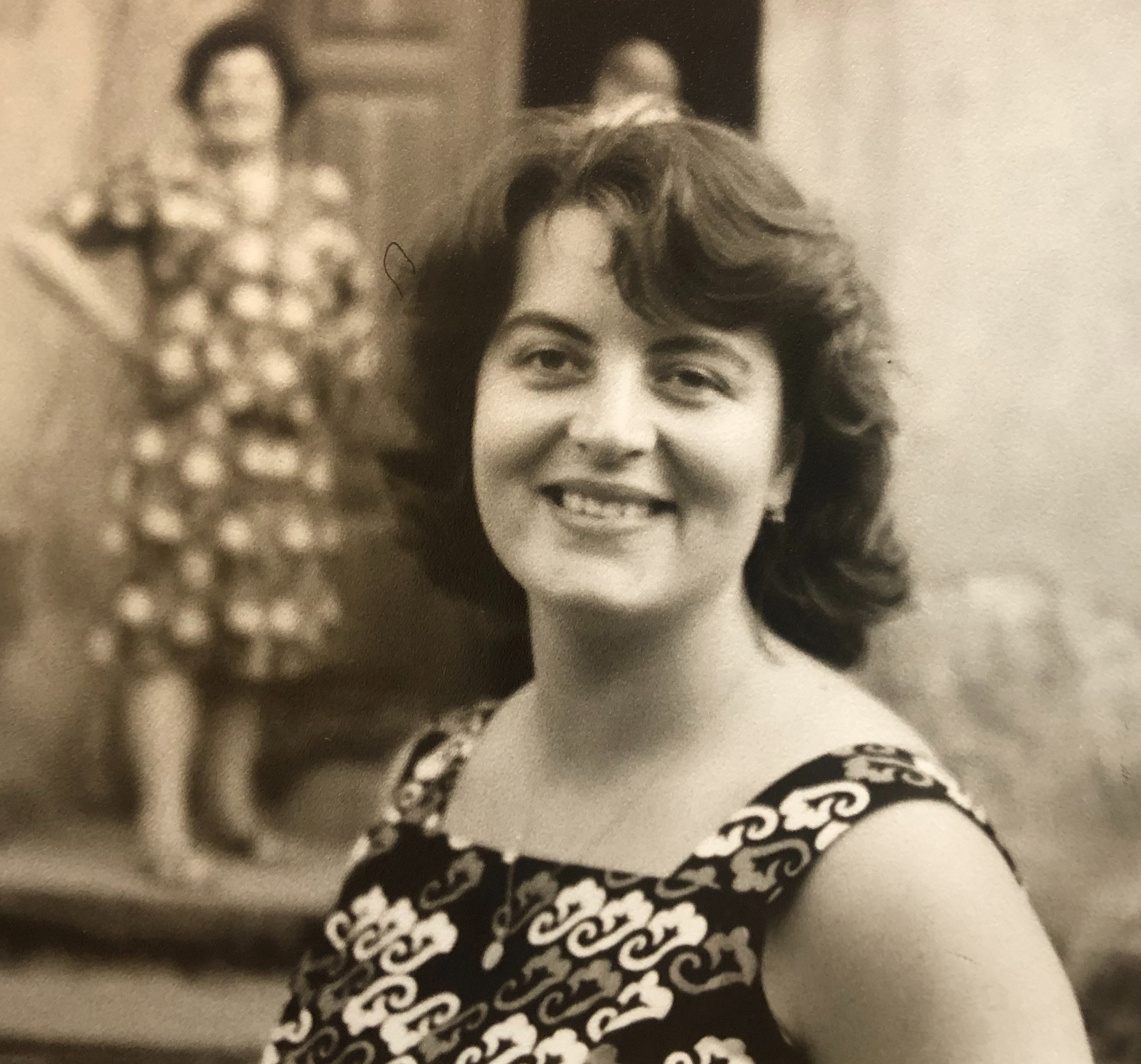Espionage and treason? I don‘t even know what that means, Mum said.

Stáhnout obrázek
Dobromila Šebestová was born in Pankrác Prison on 25 August 1950. Her mother Dobromila Konárková had been sentenced by the communists to fifteen years in prison in a show trial. At three months of age, the witness was taken away from her mother and grew up with her grandmother in Choceň. Dobromila Konárková was released from prison in 1956. She found refuge at the rectory in Libochovice where Dean Václav Lochman made a home for her and her daughter. Career-wise, both women focused on music, teaching the piano. Before the music conservatory in Teplice, Dobromila Šebestová also studied at a medical school (1965-1968) and completed internship at the Thomayer Hospital in Prague from 1968 to 1970. She married Václav Šebesta in 1978 and they had five children. She struggled with many illnesses all her life. She was widowed in 2020, and in 2024 she lived with her daughter‘s family and near her other children in Doksy near Mácha Lake.




















